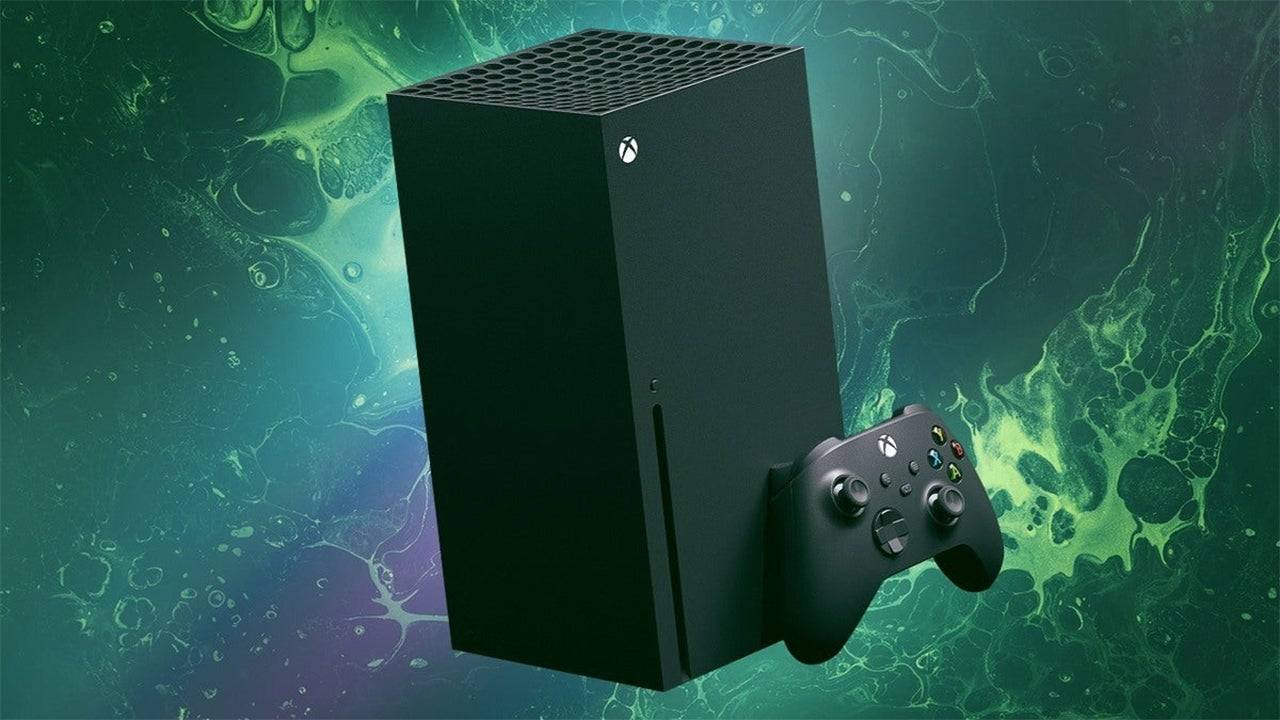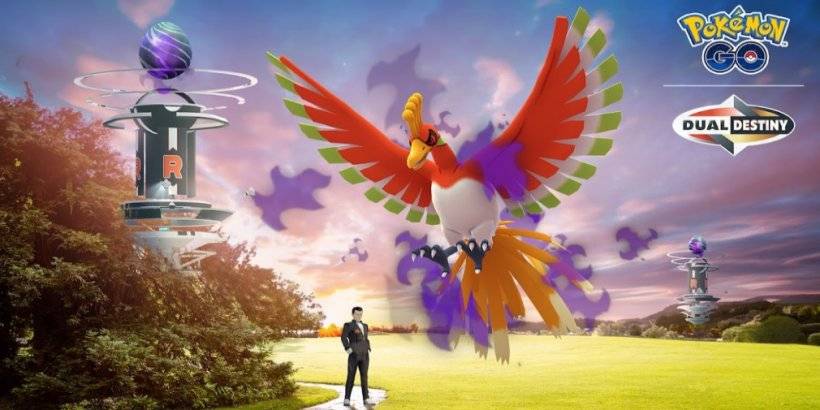The debate between PlayStation and Xbox has been a cornerstone of the video game world for decades. Whether you've engaged in this discussion on Reddit, TikTok, or with friends, it's clear that this rivalry has shaped much of the gaming landscape over the last twenty years. While PC and Nintendo fans have their loyal followings, the primary battleground has been between Sony and Microsoft. However, with the rapid evolution of the gaming industry, the traditional 'console war' has transformed significantly. Today's gamers have more choices than ever, thanks to handheld gaming and the tech-savvy younger generations. Has a clear winner emerged from this evolving battlefield? The answer might surprise you.
The video game industry has grown into a financial powerhouse, with global revenue reaching $285 billion in 2019 and soaring to $475 billion last year. This figure surpassed the combined earnings of the global movie and music industries in 2023, which totaled $308 billion and $28.6 billion, respectively. The industry is projected to hit nearly $700 billion by 2029, showcasing its incredible growth from its humble beginnings with games like Pong.
This lucrative future has attracted Hollywood stars like Mads Mikkelsen, Keanu Reeves, Jon Bernthal, and Willem Dafoe to star in recent video games, highlighting the medium's rising prestige. Even giants like Disney are making significant moves, with a $1.5 billion investment in Epic Games under Bob Iger's leadership to establish a strong gaming presence. However, not all companies are riding this wave successfully, as Microsoft's Xbox division appears to be facing challenges.

The Xbox Series X and S were designed to surpass the Xbox One in every aspect, but they have struggled to capture consumer interest. The Xbox One outsells the Series X/S by nearly double, and according to Mat Piscatella from Circana, the current console generation may have peaked in sales. In 2024, Xbox Series X/S sold fewer than 2.5 million units, while the PlayStation 5 sold the same amount in just the first quarter. Rumors of Xbox pulling out of physical game distribution and possibly exiting the EMEA market further indicate a retreat from the traditional console war.
Microsoft has openly acknowledged that Xbox never had a real chance in the console war. In response, the company is shifting focus away from hardware. Xbox Game Pass has become a central part of their strategy, with significant investments in cloud gaming. Leaked documents reveal the high costs Xbox is willing to pay to include major titles like Grand Theft Auto 5 and Star Wars Jedi: Survivor on their subscription service. Microsoft's recent 'This Is An Xbox' campaign redefines Xbox not just as a console, but as a versatile gaming service.
Rumors of an Xbox handheld device suggest Microsoft's interest in a hybrid cloud gaming platform. The company is also venturing into mobile gaming with plans for a mobile game store to compete with Apple and Google. Xbox chief Phil Spencer has acknowledged the dominance of mobile gaming, indicating that Xbox aims to be a brand accessible anytime, anywhere.

Why is Microsoft pivoting? The answer lies in the numbers. In 2024, out of 3.3 billion gamers worldwide, over 1.93 billion play on mobile devices. Mobile gaming has become the dominant force, with a market valuation of $92.5 billion in 2024, half of the total $184.3 billion video game market. Console gaming, on the other hand, accounts for just $50.3 billion, a 4% drop from the previous year. The rise of mobile gaming is evident, especially among Gen Z and Gen Alpha.
This trend isn't new. By 2013, mobile gaming in Asia had already outpaced the West, with South Korea and China leading the charge. Games like Puzzle & Dragons and Candy Crush Saga outgrossed even GTA 5 in 2013. Over the decade, mobile titles like Crossfire, Monster Strike, Honor of Kings, Puzzle & Dragons, and Clash of Clans were among the highest-grossing games, despite not being as culturally iconic as some console games.
PC gaming has also seen a shift, with a steady increase from 1.31 billion players in 2014 to 1.86 billion in 2024, boosted by a surge during the COVID-19 pandemic. Despite this growth, the gap between console and PC gaming has widened from $2.3 billion in 2016 to $9 billion in 2024, suggesting a decline in PC gaming's market share relative to consoles.

On the other side of the console war, Sony's PlayStation 5 is performing exceptionally well, with 65 million units sold compared to the combined 29.7 million for the Xbox Series X/S. Sony's Game and Network Services reported a 12.3% profit increase, driven by strong sales of first-party titles like Astro Bot and Ghost of Tsushima Director’s Cut. Analysts predict Sony will sell 106.9 million PS5s by 2029, while Microsoft expects to sell between 56-59 million Xbox Series X/S units by 2027. This disparity underscores PlayStation's dominance in the current market.
However, the PS5 faces its own challenges. Half of PlayStation users still play on PS4s, and the console lacks a robust lineup of exclusive titles. Only 15 genuine PS5-exclusive games exist, excluding remasters. The PS5 Pro, priced at $700, received a lukewarm reception, with many questioning its value given the lack of new, compelling games. The upcoming release of Grand Theft Auto 6 may finally showcase the PS5's capabilities, potentially changing perceptions.
So, who won the console war? Microsoft seems to have conceded defeat, shifting focus to cloud and mobile gaming. Sony has achieved success with the PS5 but struggles to justify its price with a lack of exclusives. The true victor appears to be mobile gaming, with its growing influence and market dominance. As companies like Tencent expand into traditional gaming, the future of the industry will likely be defined by cloud gaming and accessibility rather than hardware supremacy. The console war may be over, but the battle for mobile gaming supremacy has just begun.









